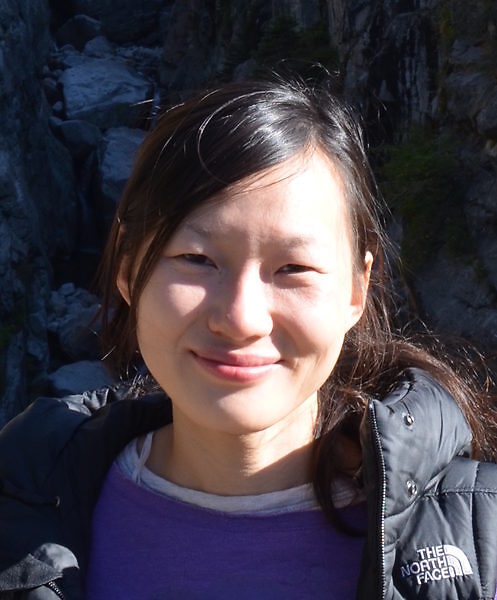Seminar: "From Serendipity to Functional Design: Stimuli-Responsive Materials for Electronics" Dr. Yingli Rao

Date
Location
Description
Speaker: Dr. Yingli Rao, Chemical Engineering, Stanford University
Title: "From Serendipity to Functional Design: Stimuli-Responsive Materials for Electronics"
Abstract
Engineering materials with stimuli-responsive properties are essential for future technologies and flexible electronics. I will start this talk with a brief discussion about the developments of triarylboron functionalized phosphorescent materials for organic light-emitting diodes (OLEDs) devices. Surprisingly, upon light irradiation, organoboranes also exhibited unprecedented multi-structural transformations, which opens up many research opportunities in accessing unusual boron-related species and reactivity via the excited state. The structural transformation could also be achieved in an OLED device structure. Looking forward, materials with the ability to self-heal upon mechanical damages can prolong the devices’ lifetime. In the second part of this talk, I will present a new class of self-healing elastomeric materials crosslinked with metal-ligand coordination. The materials’ self-healing ability largely depends onthe dynamics of the metal-ligand interactions. When integrated into organic field-effecttransistors as gate dielectrics, the stability of the transfer characteristics is closely related to the ion pair strength of metal salts. The delicate balance between self-healing ability and stable electrical performances provides insights on the future design of self-healing, stretchable gate dielectrics based on metal-ligand crosslinked elastomers.
Biography
Yingli Rao was born in China, 1986. She obtained her bachelor degree in Materials Chemistry at Nankai University in 2007. She then moved to Queen’s University in Canada for graduate study. In 2009, She obtained her Master degree under the supervision of Professor Suning Wang, working on luminescent phosphorescent materials for organic light‐emitting diodes. After taking a one‐year leave of absence, she then resumed her PhD study with Professor Suning Wang, and obtained her PhD degree in 2014 with a focus of study on “photochemical reactivity of boron‐containing heterocyclic compounds”. After graduation, she moved to Stanford University to carry out the postdoctoral study with Professor Zhenan Bao in the Department of Chemical Engineering. Her postdoc research interests include self‐healing materials for flexible electronics, and optically gated transistors.
Subscribe to the OIST Calendar: Right-click to download, then open in your calendar application.



